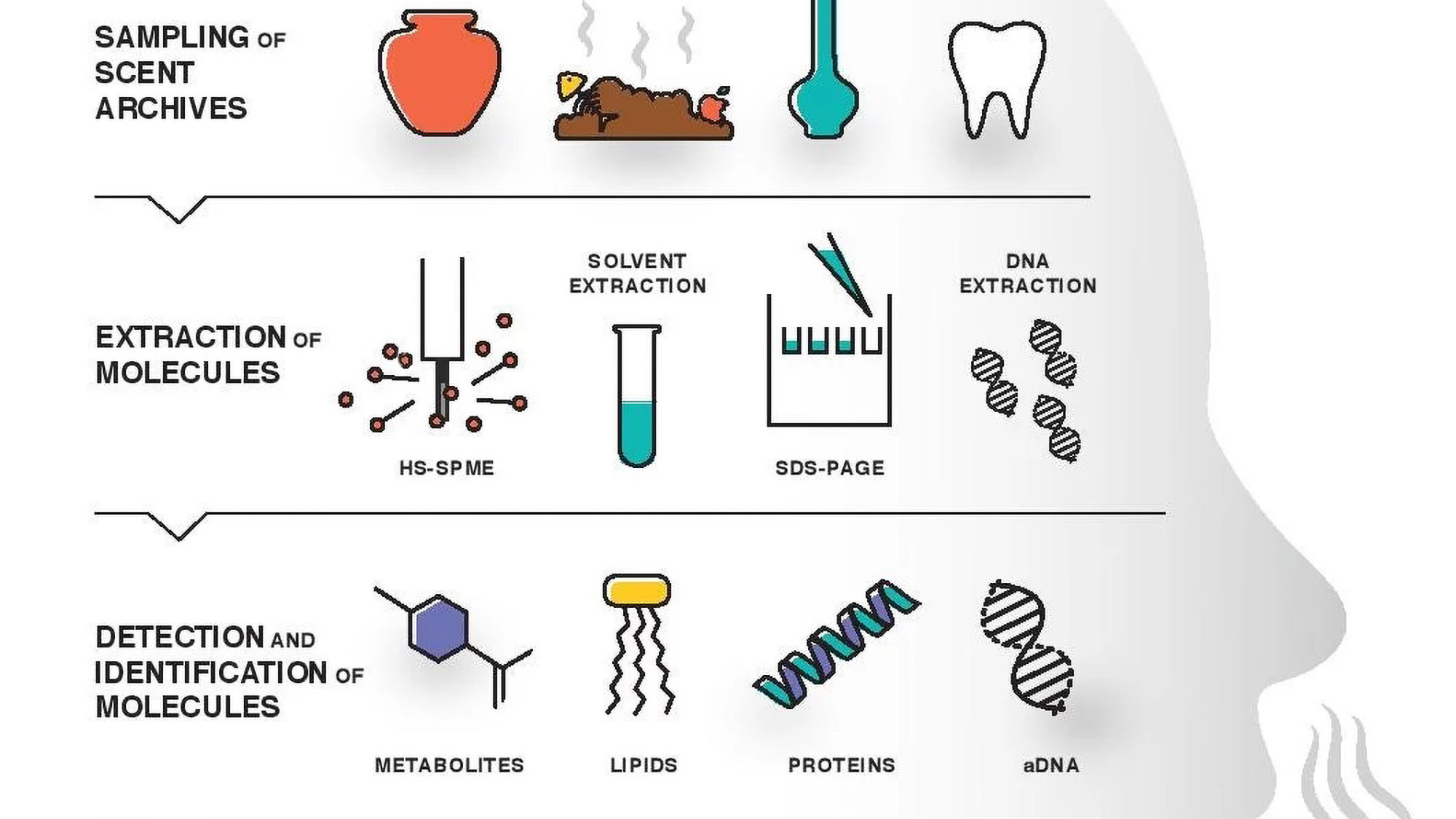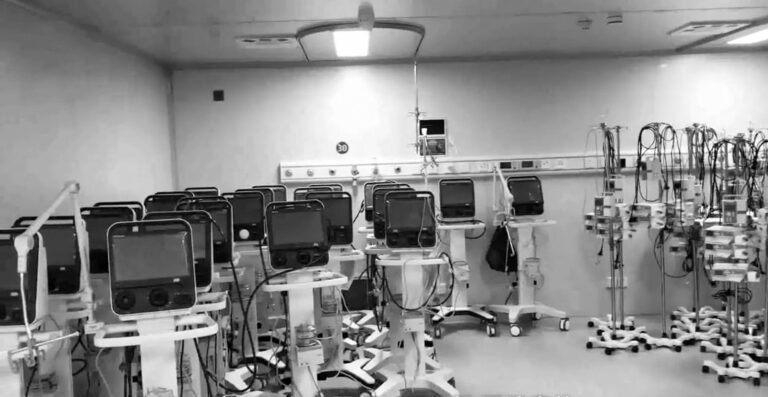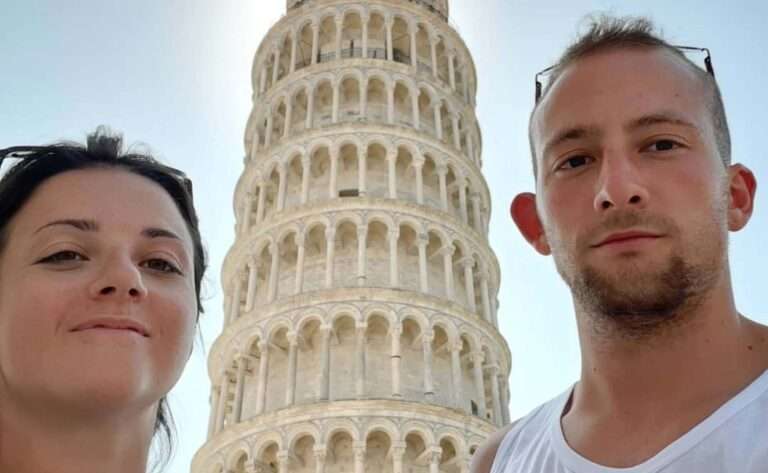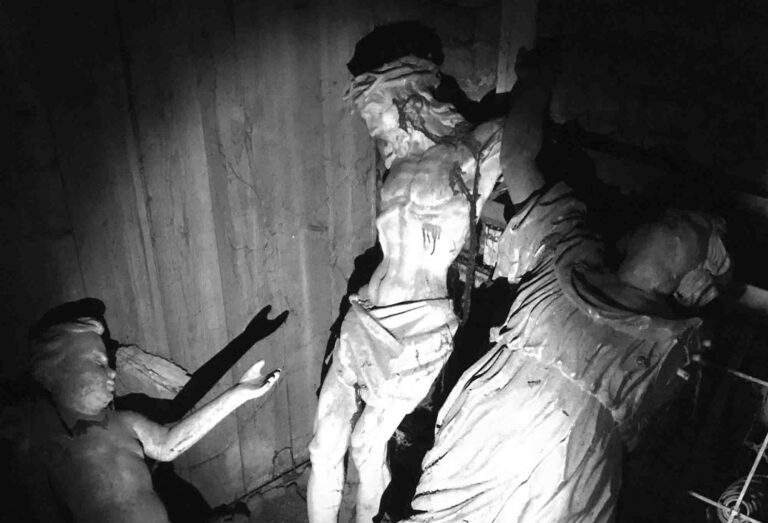Fans of the novel ‘Perfume’ by German author Patrick Sueskind will be able to experience some of the pongs and stenches of the 18th-century world he described, after scientists revealed plans to recreate how the world smelt in the past.
Researchers from the Max Planck Institute (MPI) for the Science of Human History in the city of Jena, located in the German state of Thuringia, are looking into ways of bringing the smells of the past into today’s world.
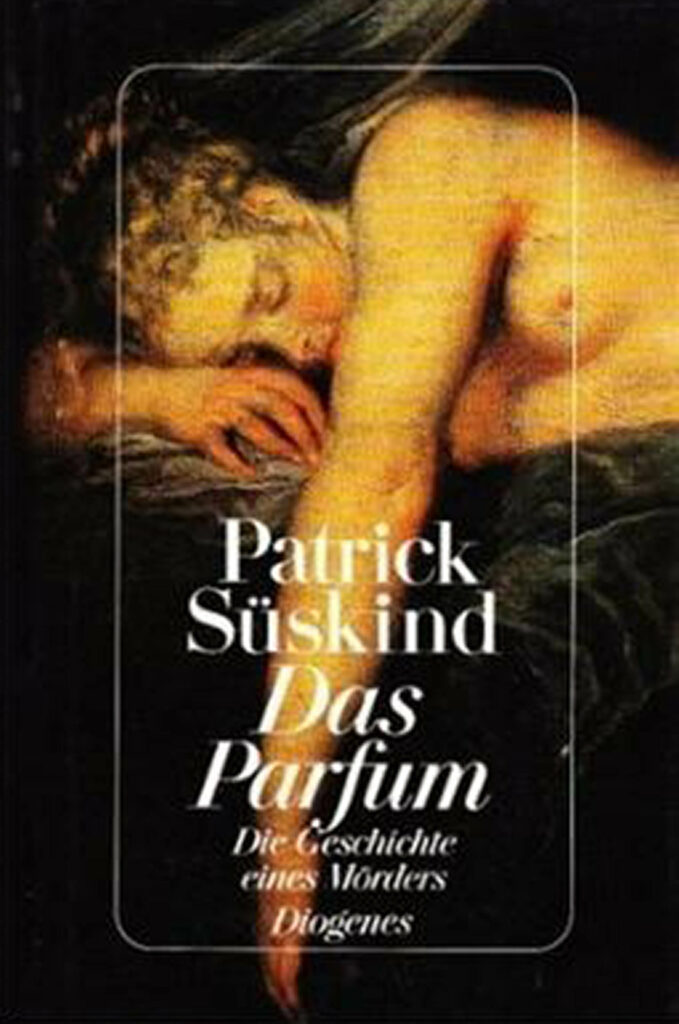
(Wikipedia/Newsflash)
By recreating old scents, experts hope to create a connection with our history that enables them to learn more about historical experiences, behaviours, and societies.
The importance of smell was underlined when many people lost their sense of smell during the COVID-19 pandemic. The bestselling novel ‘Perfume’ details the importance of the sense of smell and scents in human relations in the past – with the experts now attempting to underline this importance by recreating these smells.
The German research has drawn parallels with the novel ‘Perfume’, also written by a German and set in 18th-century France. It tells, largely through references to smells, the story of an unloved orphan who is born with an exceptional sense of smell and becomes a perfume maker, but his sense of smell leads to him becoming a killer.
The German team looking to bring the smells to life aim to do so by applying new biomolecular and omics methods such as proteomic and metabolomics techniques, and link new data with information from ancient texts, visual depictions, and other broader archaeological records.
Lead author of the paper Barbara Huber said: “Producing scents from the past is no simple task, but the fact that history records expeditions of discovery, wars, and long-distance trade routes to acquire materials with strong olfactory properties – like incense and spices – reveals how significant scent has been for humankind.”
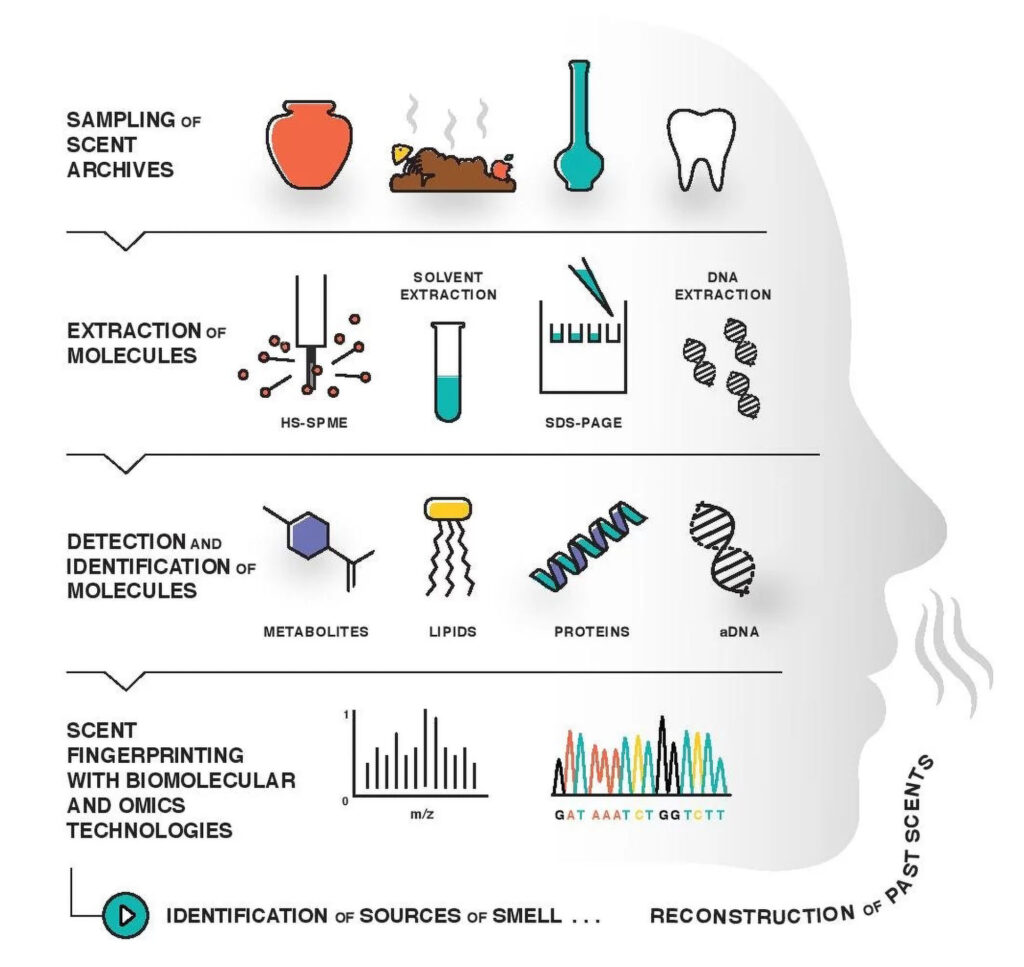
(Michelle O’Reilly/Newsflash)
Nicole Boivin, senior researcher and director of the Department of Archaeology at the MPI-Science of Human History, said: “Scent is a powerful and underappreciated aspect of human experience. Smells reach our brain fairly directly and motivate us in critical ways – whether to avoid danger, identify something that is good for us, or remember something from our past, for example.”
Huber added: “Using new methods and traces of scented substances preserved in archaeological artefacts, we can recreate the powerful odours that were a cardinal feature of ancient realities, and that shaped human action, thoughts, emotions and memories.”
According to researchers, odours and aromatic substances can provide information about many aspects of our ancient past, such as rituals, perfumery, hygiene, cuisine, trade, and commerce.
The researchers hope that this could also provide insight into more general aspects of the past, from social hierarchy and social practices to group identity.
The research paper was published in the peer-reviewed scientific journal Nature Human Behaviour on 28th March.
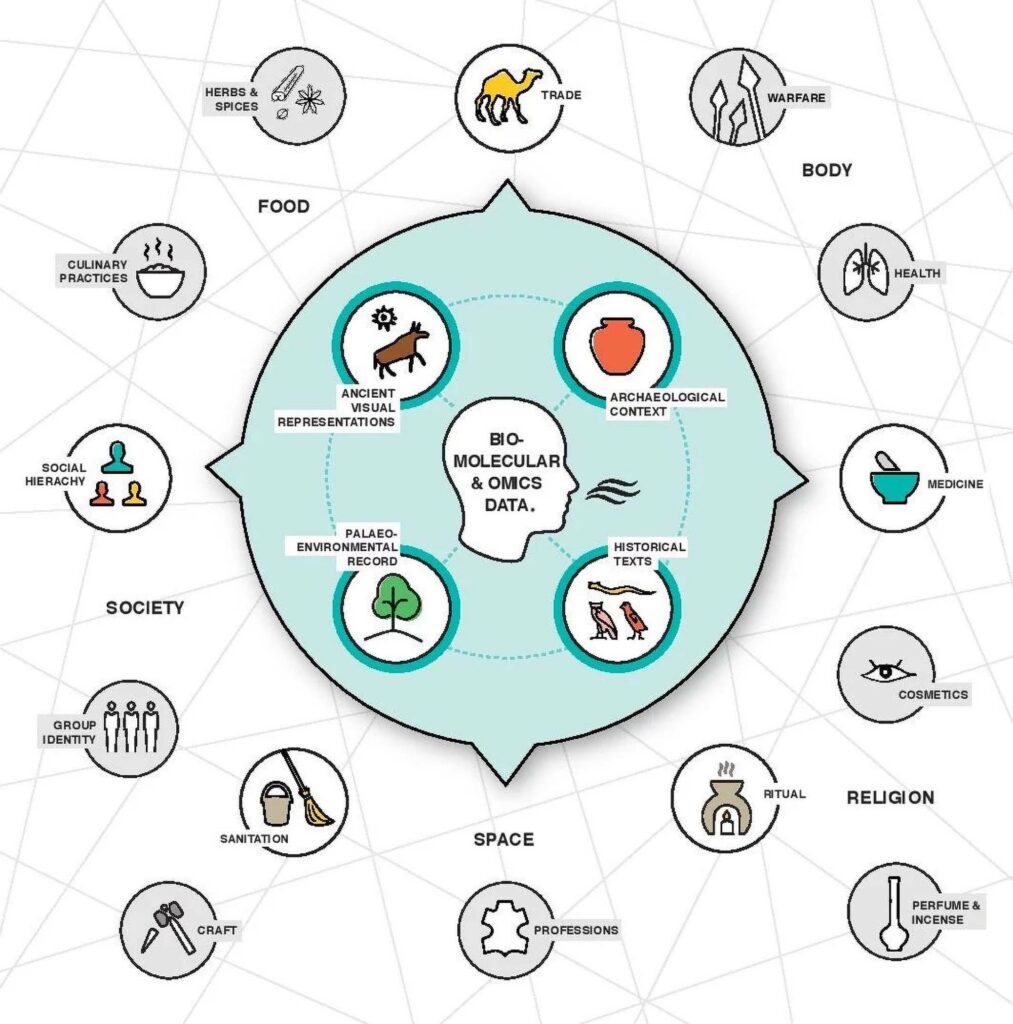
(Michelle O’Reilly/Newsflash)
The 1985 book ‘Perfume’ has been translated into 49 languages, with more than 20 million copies sold worldwide to date. It is one of the best-selling German novels of the 20th century.
The title remained in bestseller lists for about nine years and received almost unanimously positive national and international critical acclaim.
To find out more about the author, editor or agency that supplied this story – please click below.
Story By: Georgina Jadikovska, Sub-Editor: William McGee, Agency: Newsflash
The Ananova page is created by and dedicated to professional, independent freelance journalists. It is a place for us to showcase our work. When our news is sold to our media partners, we will include the link here.

